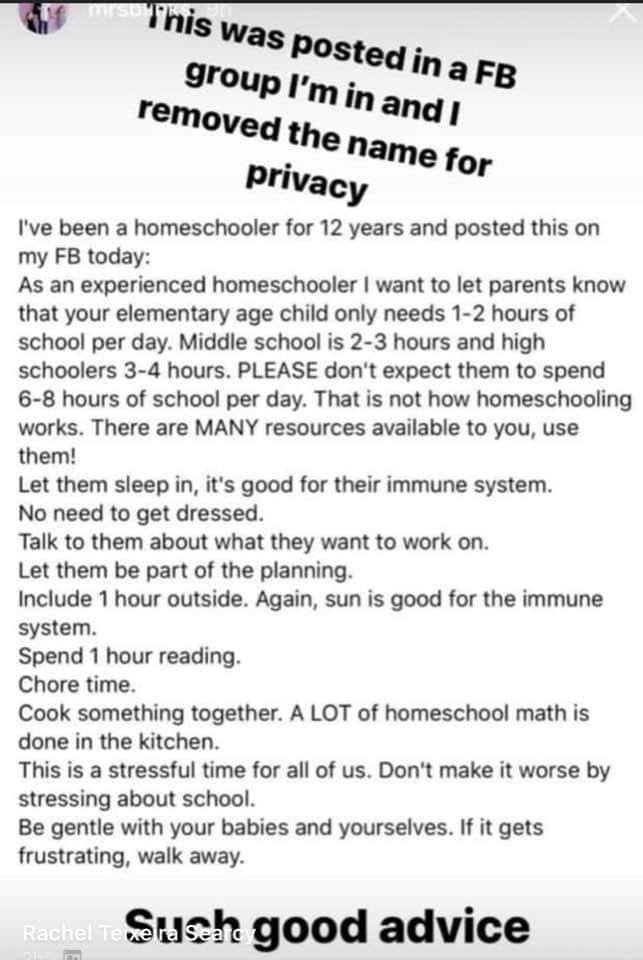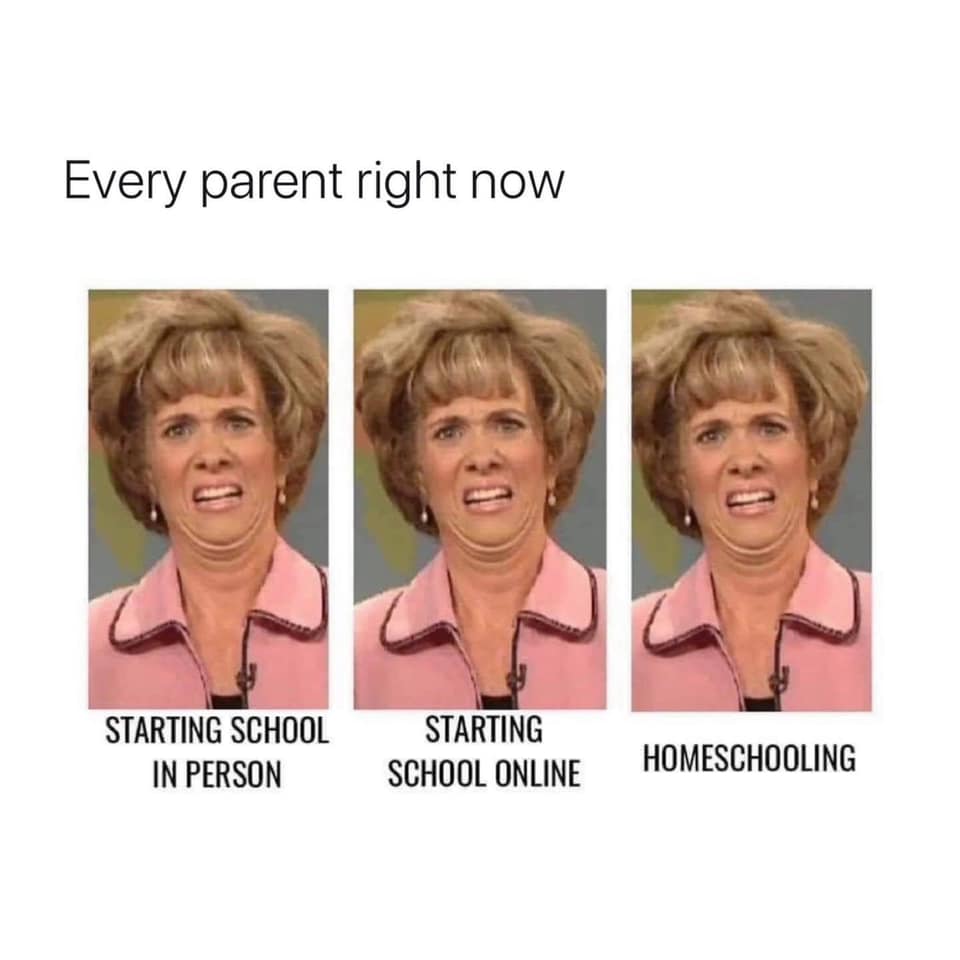It isn’t a particularly brilliant prediction that there will be an increased cohort of homeschooling parents in the Fall.
Now is the time in WFH to ensure your public library homeschooling resources, webpages and advice is up-to-date and promotions are ready. I’ve collected a few resources and ‘rules’ that are good for Ontario and our context here. My recommendation is that public libraries might want to create (if they don’t have one already) a homeschoolers pages to address this complex questions and parent initiatives.
NOTE: My wife is a teacher of grade 4-5 and has taught every grade in her career from 4 to 13. Her advice would include:
- Differentiate between actual homeschooling, where the parent is the curriculum leader and deliverer, and blended learning or distance learning where the home supports the curriculum delivered by the professional teacher.
- Understand the difference between full curriculum activities and units and the actual homework. The goal of homework is rarely to impart just information/facts. It is to embed the learning through practice, encourage experience in research, writing, presentations, etc. Group projects are important modalities to build social skills and teamwork as important life skills.
- Know when the child has moved from learning to read, to reading to learn.
- Know the curriculum outcomes in detail as prescribed by the Ontario Ministry of Education. These are the guides to guide you as both your teaching the child’s learning progresses.
- Know your child, and know the developmental stage they are in. Understanding stages of cognitive, emotional, and behavioural development are keys to success with every child.
- There is a balance between what your child is ‘ready’ to learn and when they need to stretch their efforts.
- A good learning relationship is more important that any rewards or marks. Praise and support goes much farther than discipline.
- And, in multiple child situations, some learning activities can be shared, but the learning outcomes and expectation change with age/grade.
- The library – both school and public is essential.
Selected Resources on Homeschooling in Ontario
Ontario Homeschooling Laws
http://www.edu.gov.on.ca/extra/eng/ppm/131.html
Ontario Official Curriculum Outcomes: Elementary & Secondary
http://www.edu.gov.on.ca/eng/curriculum/
Canadian Home Based Learning Resource Page
Homeschooler’s Guide to the 21st Century Public Library (The Canadian Homeschooler)
Ontario Federation of Teaching Parents
Homeschooling FAQ
How to Start Homeschooling in Ontario
Ontario Government: Learn at home webpage
Find made-in-Ontario activities, courses and more to keep the learning going, from home.
https://www.ontario.ca/page/learn-at-home
Ultimate List of Free Homeschooling Resources
5 Things You Need to Know Before You Begin Homeschooling
https://www.virtualhighschool.com/blog/5-things-you-need-to-know-before-you-begin-homeschooling/
Homeschooling: Exploring the Potential of Public Library Service for Homeschooled Students
Abstract: As the number of homeschooled students rises in this country, needs for resources, instruction
and support also has risen. The homeschooled students, while not participating in the school
classrooms and by extension the school or public libraries, have needs that should be satisfied by library
services. These include access to materials and technology, information literacy skills instruction,
reading and writing support, curriculum materials and methods, reference services, as well as areas to “make
and take”, facilities for quiet study or to meet with mentors or tutors. In addition, homeschooled students need
the kind of library skills instruction that all students in traditional school libraries receive. The purpose of this
study is to identify the strengths and weaknesses of library support to home-schooled students in Nassau Suffolk, Long Island and to make recommendations based upon analysis. The major question examined is: How
are homeschooled students served through their local public libraries? Also the study examines the perception
of homeschooling families by public librarians. There are three main conclusions that derive from the study:
the librarians’ reactive rather than proactive response to the homeschooled population; the lack of consistent
leadership in development or outreach of library programs specifically for the homeschooled; and the public
librarians’ perception that there is no difference between the homeschooled population and the rest of the
patrons who use the library. The analysis leads to suggestions and recommendations.
https://scholarsarchive.library.albany.edu/cgi/viewcontent.cgi?article=1027&context=jlams
Social Networking and Media
Lastly, search for local and provincial support groups on Facebook, Twitter, Pinterest, Instagram, and more. This applies for both the parent-teacher and the learner.
Good luck.


